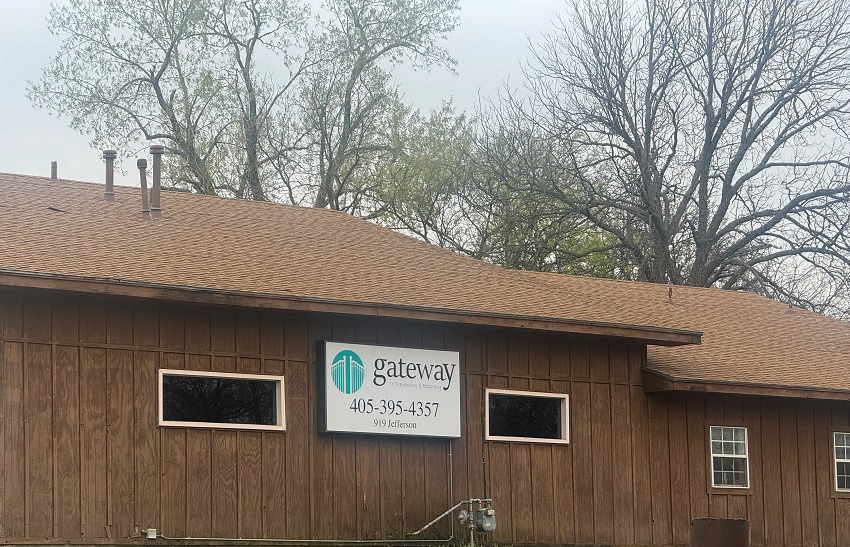Enid, Okla. — Recent funding cuts by the Oklahoma Department of Mental Health and Substance Abuse Services (ODMHSAS) are threatening to disrupt vital substance use disorder treatment programs across the state, potentially leaving many Oklahomans without access to life-saving care.
Service providers, including Gateway to Prevention and Recovery, have been informed of these cuts in an email from ODMHSAS. The notification, which arrived just over a week ago, revealed plans to slash state funding for programs aimed at tackling substance use disorders. This move has sparked concern among mental health professionals and advocates, who warn that the cuts could have devastating consequences for individuals in need of treatment.
Jon Greenwood, CEO of Gateway to Prevention and Recovery, expressed his alarm at the severity of the situation. “This is going to be devastating,” he said, underscoring the wide-reaching impact these reductions would have on the state’s ability to provide necessary services for those battling addiction.
As one of the largest providers of treatment services in Oklahoma, Gateway to Prevention and Recovery has witnessed firsthand the positive outcomes that come from state-funded programs. However, with the looming budget cuts, many of the critical services could be scaled back or eliminated, leaving vulnerable populations without the support they need to recover and rebuild their lives.
The cuts come at a time when Oklahoma is grappling with a growing substance abuse crisis, with overdose deaths rising in recent years. Advocates for mental health and addiction treatment have voiced concerns that reducing funding at this juncture could exacerbate the problem and put even more individuals at risk.
While the specifics of the funding reductions have yet to be fully disclosed, Greenwood and other service providers worry that the cuts will lead to the closure of treatment facilities, reduced capacity for in-patient care, and fewer resources for outpatient services. These changes could ultimately result in longer wait times for treatment and fewer available options for those seeking help.
For many, the programs funded by ODMHSAS represent a lifeline. They offer essential services that help individuals regain stability, manage their conditions, and begin the process of recovery. If these services are diminished or eliminated, the long-term impact on the health and well-being of Oklahomans could be profound.
Greenwood remains hopeful that public outcry and advocacy efforts may help reverse some of the cuts. In the meantime, he and other leaders in the mental health community are working to assess the full extent of the damage and prepare for the challenges ahead.
As the situation continues to unfold, Oklahoma residents are left to wonder how these funding cuts will shape the future of substance abuse treatment in the state—and whether the state will be able to meet the growing demand for mental health services in the face of such budgetary constraints.

